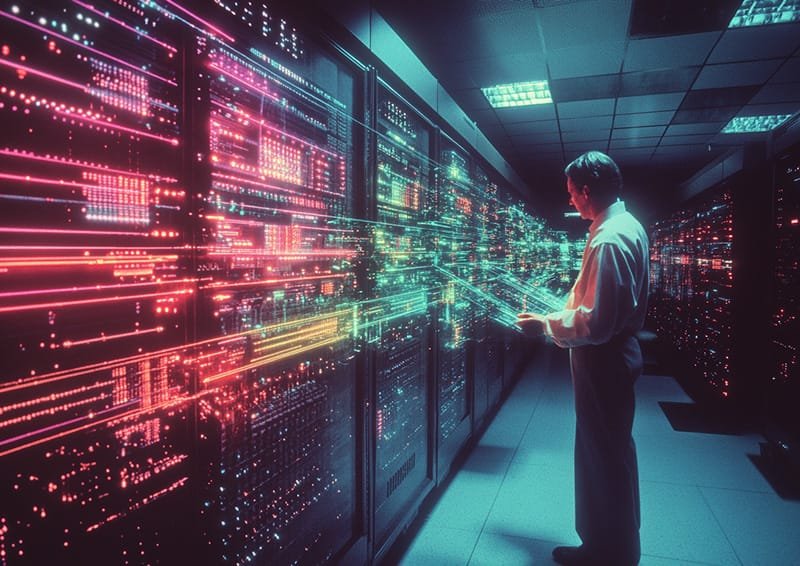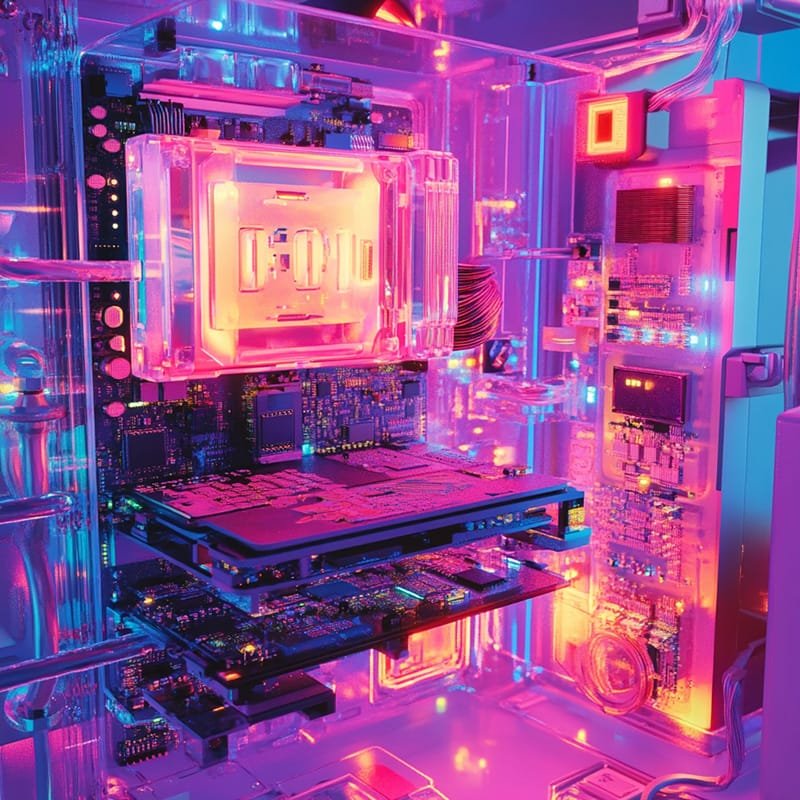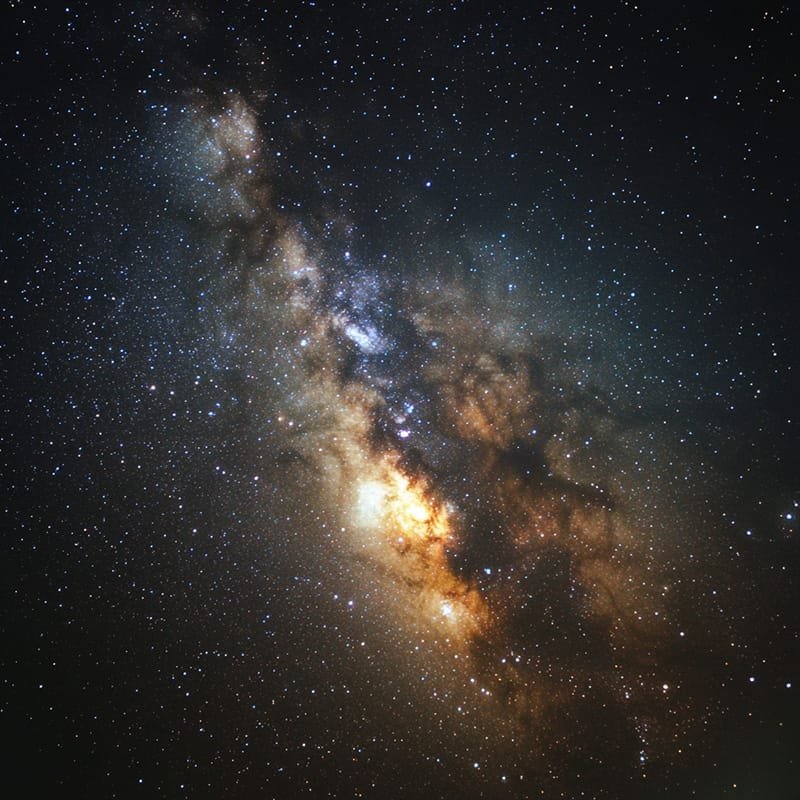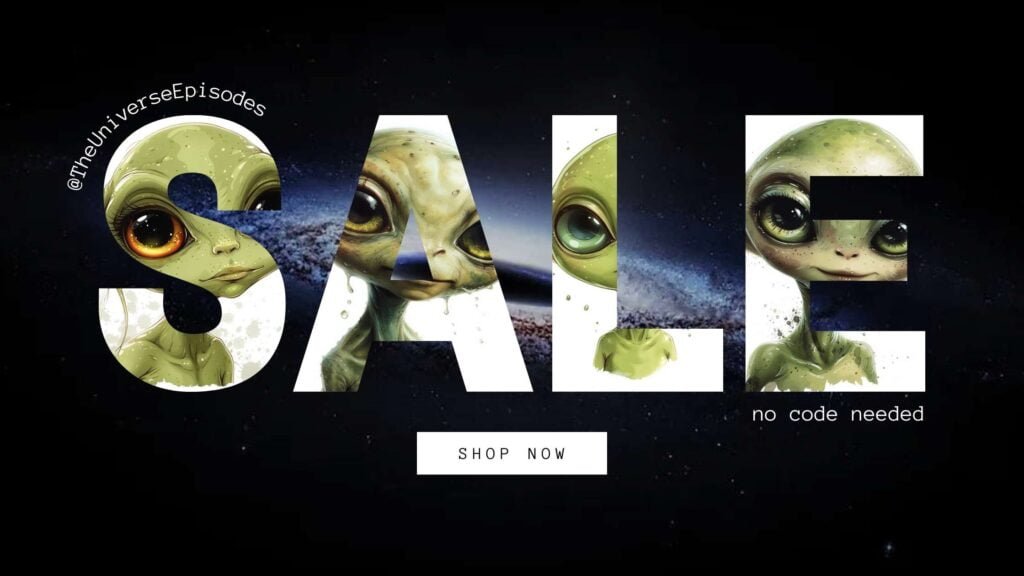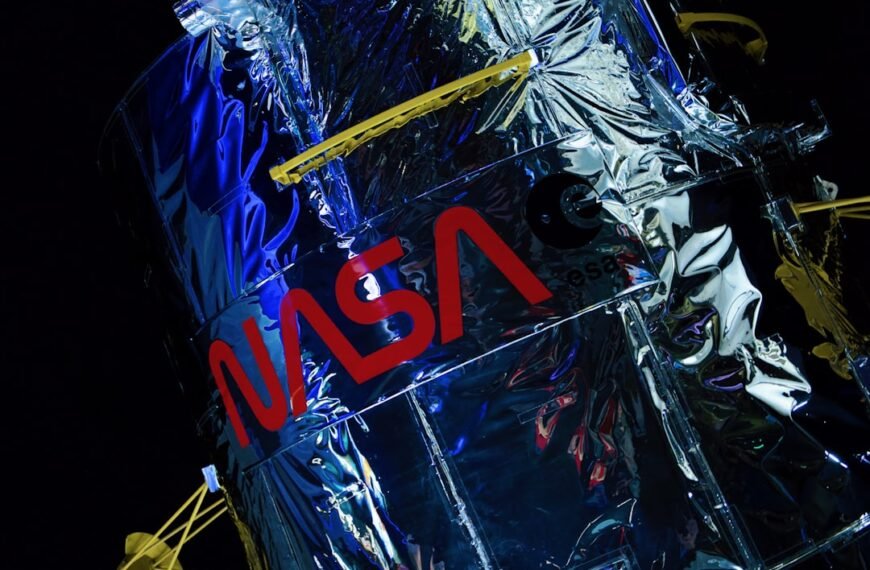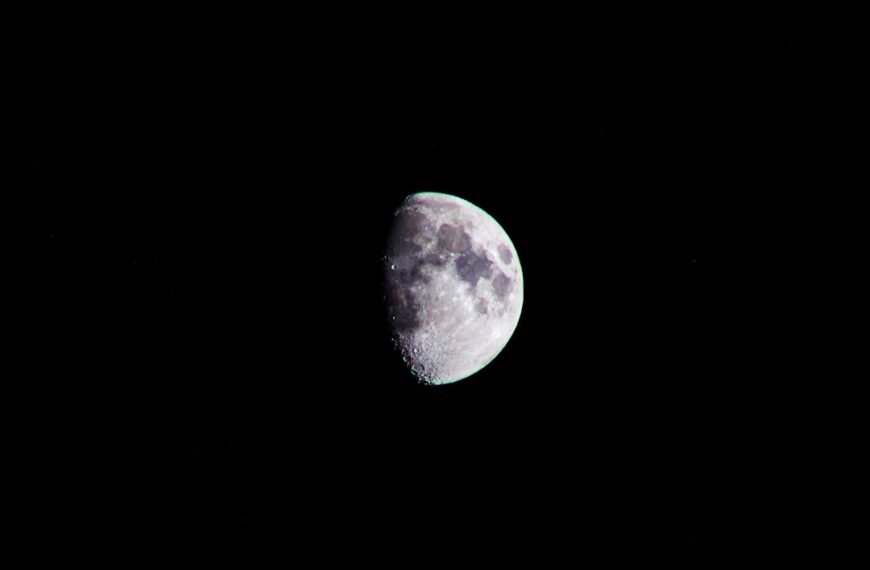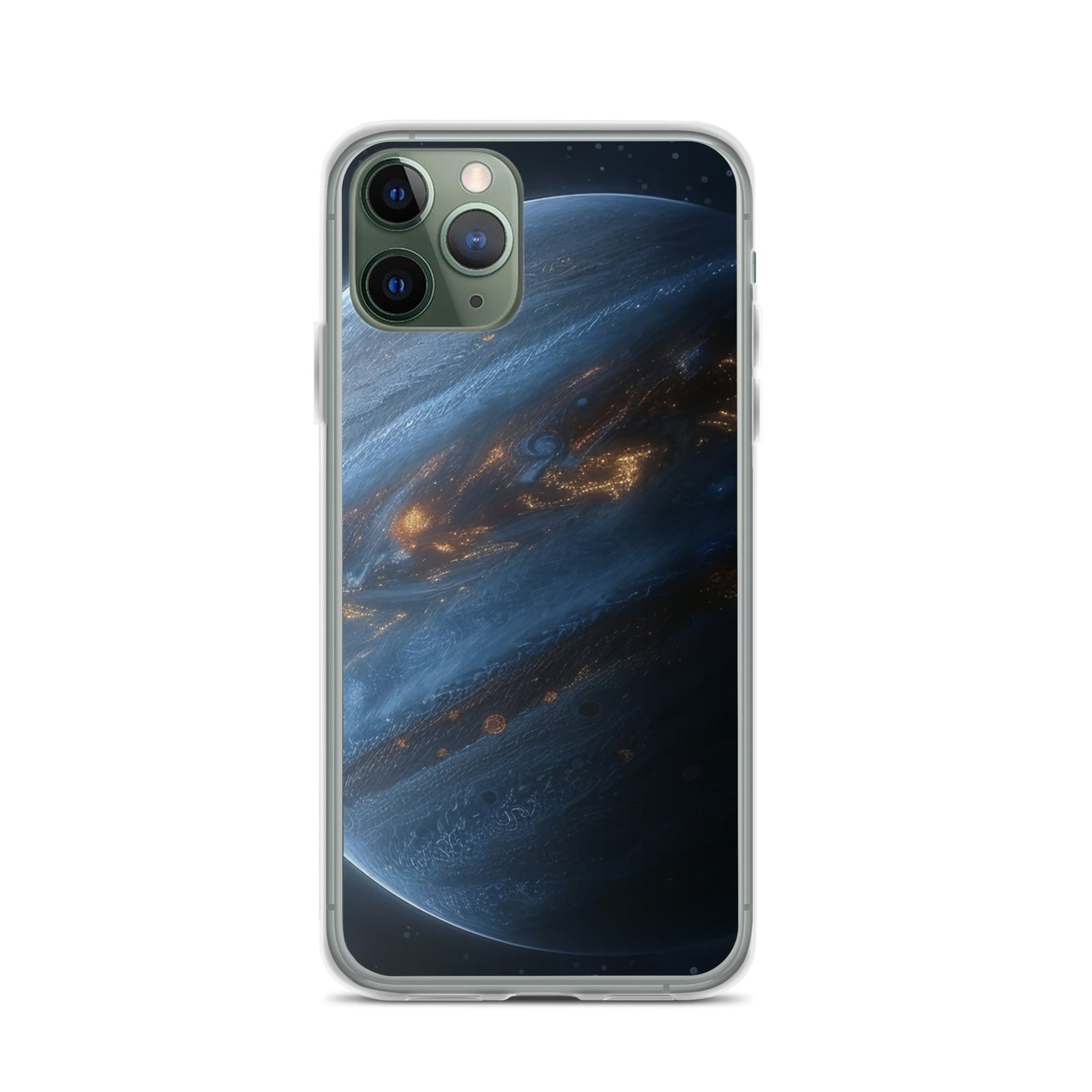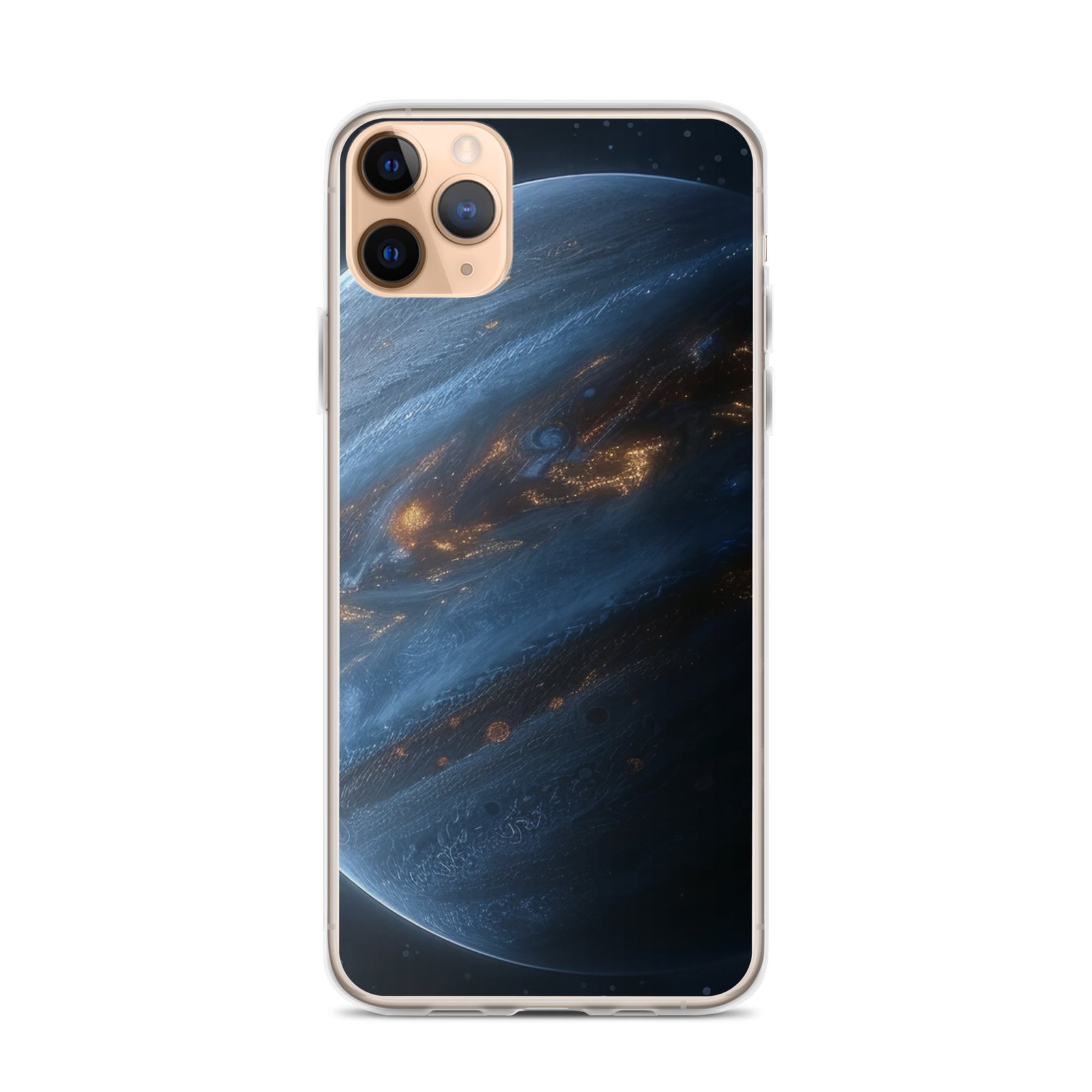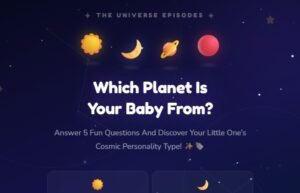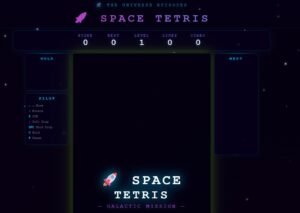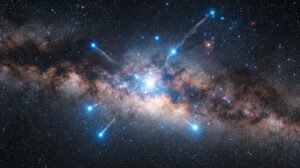Elon Musk claims there’s a one in a billion chance we’re in base reality, raising questions about simulation, knowledge limits, and meta-probability.
The question of whether our universe is a computer simulation has intrigued philosophers, scientists, and technologists alike. One of the most prominent voices in this debate is Elon Musk, who famously suggested that the probability of us living in base reality is one in a billion. This bold claim has sparked widespread discussion and debate. In this blog post, we will explore Musk’s argument, delve into the concept of meta-probability, and examine the implications of our limited understanding of the universe.
Understanding Elon Musk’s Argument
Elon Musk‘s argument is rooted in the idea that technological advancement will eventually allow civilizations to create highly realistic simulations. If we assume that such simulations are possible and that they can be created in large numbers, then it follows that the probability of us living in one of these simulations is higher than living in the one true base reality. Musk’s argument is based on the following premises:
- Technological Progress: Given enough time, civilizations will develop the technology to create simulations indistinguishable from reality.
- Multiplicity of Simulations: Once the technology is available, it is likely that many such simulations will be created.
- Statistical Likelihood: If there are many simulations and only one base reality, the odds favor us being in a simulation.
While this argument is compelling, it is important to consider the limitations and assumptions inherent in this line of reasoning.
The Role of Meta-Probability
To better understand the probability of living in a simulation, we must consider the concept of meta-probability. Meta-probability refers to the uncertainty associated with the probability itself. This concept is crucial when evaluating claims like Musk’s, as it highlights the limitations of our knowledge and the assumptions we make.
Example of Meta-Probability
Consider the following scenarios:
- Coin Toss: The probability of a fair coin toss resulting in heads is 50%. This probability is well-defined and based on a simple, well-understood system.
- Soccer Game: If you are told that a red team is playing a blue team, and you have no additional information, you might assume a 50% chance for either team to win. However, this probability is based on limited information and carries significant uncertainty.
- Additional Information: If you learn that the blue team is the French national soccer team and the red team is a group of local school children, the probability of the blue team winning increases dramatically, perhaps to 99.999%.
These examples illustrate how additional information can drastically alter our probability assessments. In the case of the universe being a simulation, our current understanding is limited, and the meta-probability is high.

The Limitations of Our Knowledge
Our knowledge of the universe is but a fraction of the total information available. We primarily understand our immediate environment—Earth and its surroundings—during a specific time period. This limited perspective can skew our predictions and introduce bias.
The Complexity of the Universe
The universe is vast and complex, with many unknowns. Our understanding of fundamental physics, cosmology, and the nature of consciousness is still evolving. As such, any probability assessment regarding the universe being a simulation is inherently uncertain.
The Bias of Human Perspective
Humans have a tendency to project their own experiences and technological capabilities onto the universe. This anthropocentric bias can lead to overestimating the likelihood of scenarios like the simulation hypothesis.

Evaluating the Simulation Hypothesis
While the simulation hypothesis is an intriguing concept, it is important to approach it with a critical eye. Here are some key considerations:
- Technological Feasibility: While it is conceivable that advanced civilizations could create simulations, we have no empirical evidence to support this possibility.
- Philosophical Implications: The simulation hypothesis raises profound questions about the nature of reality, consciousness, and free will.
- Scientific Inquiry: The hypothesis is difficult to test or falsify, making it more of a philosophical question than a scientific one.
Key Takeaways
- Elon Musk’s Argument: Musk suggests that the probability of living in base reality is one in a billion, based on the potential for advanced civilizations to create simulations.
- Meta-Probability: Understanding the uncertainty associated with probability assessments is crucial when evaluating claims about the universe being a simulation.
- Limitations of Knowledge: Our limited understanding of the universe and inherent biases can skew probability assessments.
- Critical Evaluation: The simulation hypothesis is an intriguing concept but remains speculative and difficult to test.
In conclusion, while the idea that we might be living in a computer simulation is fascinating, it is important to recognize the limitations of our current knowledge and the high degree of uncertainty involved. As our understanding of the universe evolves, so too will our ability to assess such profound questions.
